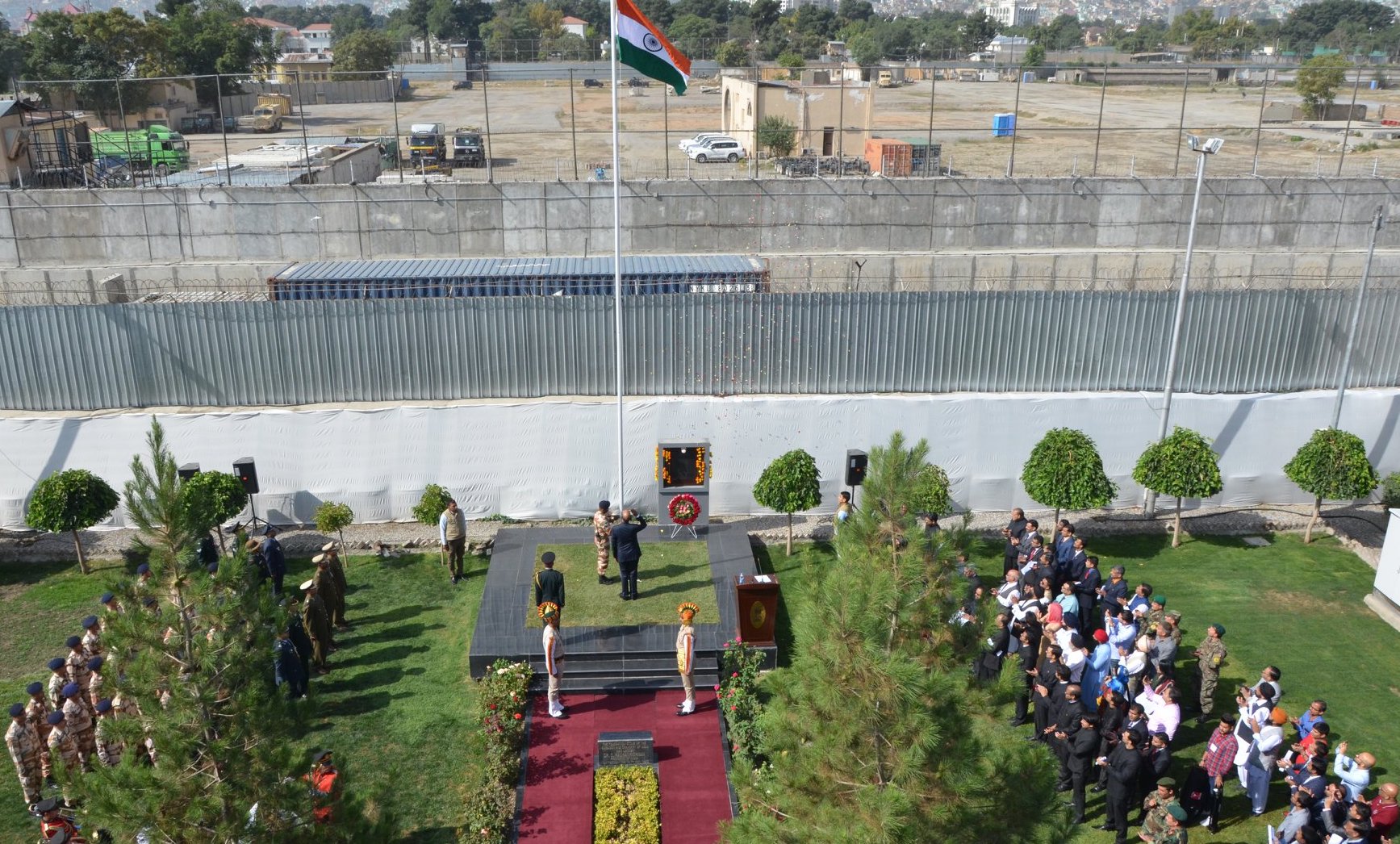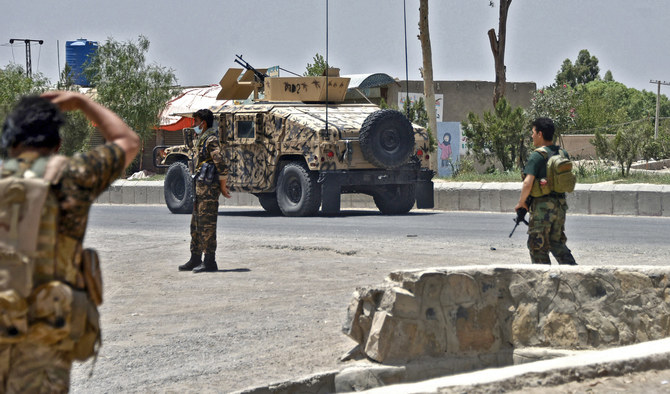KABUL: India has temporarily pulled out staff from its consulate in Afghanistan's southern city of Kandahar where the Taliban have unleashed a series of attacks in recent weeks, a spokesperson at the foreign ministry in New Delhi said on Sunday.
The Taliban said this week they had gained control of 85% of Afghan territory as the United States and allied forces withdraw their troops from the war-battered nation after two decades of fighting. Afghan government officials have dismissed the Taliban claim as propaganda.
In recent weeks, the group has overrun several areas bordering Iran, Tajikistan, Turkmenistan, China and Pakistan and captured key border crossings through which Afghanistan conducts most of its trade with Iran and Turkmenistan.
“Due to the intense fighting near Kandahar city, India-based personnel have been brought back for the time being,” Arindam Bagchi, a spokesperson at India's foreign ministry, said in a statement. "India is closely monitoring the evolving security situation in Afghanistan.”
Afghan foreign ministry spokesperson Gran Hewad said an increase in Taliban attacks had prompted some nations to take precautionary measures but the protection of diplomatic missions was “of high importance” for the Kabul government.
Indian media reports said around 50 diplomats and security personnel had been pulled out due to the “deteriorating security situation” in the southern region, considered to be the Taliban's birthplace and a main stronghold. Media reported that a special Indian Air Force plane was sent on Saturday to bring back staff but Afghan and Indian officials have not confirmed the details on the record.

Indian diplomats and officials in Kabul during the celebrations of the Independence Day of India at the Embassy of India in Kabul, Afghanistan August 15, 2019. (Photo courtesy: Embassy of India in Kabul/Facebook)
India has remained a key regional player in Afghanistan since the Taliban were ousted from power in late 2001 and invested nearly $3 billion in aid and reconstruction activities.
The Indian mission and other establishments have faced Taliban attacks in Kabul and elsewhere over the years. Recently, however, the Taliban have repeatedly assured foreigners they will not be harmed, vowing to protect foreign missions and NGOs in its controlled and newly captured areas.
“No harm will come from our side to any foreign diplomatic mission,” Zabihullah Mujahid, a spokesman for the Taliban, has told Arab News. “They can freely stay, it is essential. We pose no threat to them, but still, if any country decides to leave or shut operations, then it is their decision.”
Taj Mohammad, a Kabul-based analyst, said India did not trust the Taliban and was exercising extra caution as it had not worked to improve ties with the Taliban in recent years, unlike other regional players.
“So it will take time for India to be assured that Taliban will not cause them any hazards,” Mohammad said, “and that shall happen when both sides engage in dialogue.”





















